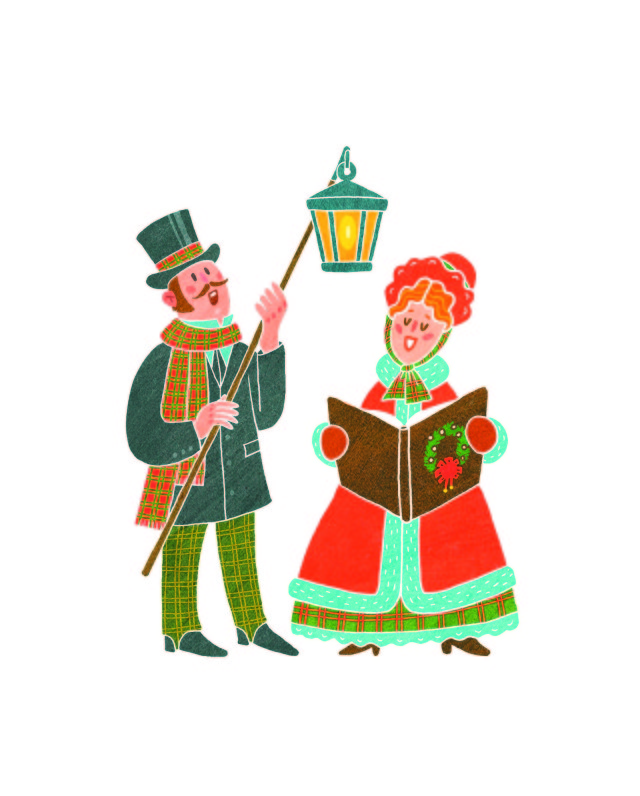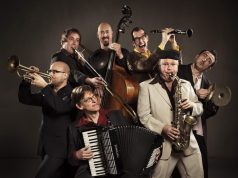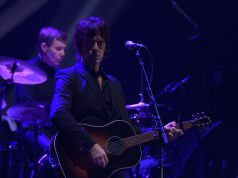Cultural traditions, especially near-universal and well-established ones surrounding the winter holidays, offer an avalanche of stimuli for the senses — the scents and flavors of seasonal foods, the sights of festive decorations and candle glow, the sounds of snow crunching under foot and bells ringing through the crisp winter air… It would be difficult to find someone who doesn’t have a favorite sensory association with their winter holiday — and just as hard to find someone who doesn’t have a favorite song to go with the season.
One of the more wonderful things that is taught in college psychology courses is that affect activates memory — emotionally charged experiences are remembered better. This makes sense, of course, from the mind’s point of view. If an event causes an emotional upheaval, it must be important for the individual’s survival and might be useful to recall in the future. Often, the accompaniment of specific melodies to the winter celebrations adds to their magical quality and creates indelible impressions. Whether it is an uplifting classical piece, the soothing harmony of a of carol, a jolly American jingle or “Ya Sprosil u Yasenya” (song from a cult Soviet New Year comedy “The Irony of Fate”), no one is immune.
Ukraine’s checkered history complicates practically all its cultural legacies, including that of holiday music. As happened with so many cultural expressions during Soviet time, traditional Christmas carols in Ukraine were nearly erased from the public consciousness, in favor of… what? Soviet cinema and popular music did create a number of lasting New Year moments, including the 1956 “Karnavalnaya Noch” (Carnival Night), the aforementioned 1976 classic “Irony of Fate,” and a number of New Year specials called “Goluboy Ogonyok” (Little Blue Light). Today, the warm memories of music from these productions are undoubtedly conflated with remembrances of what, for many people, seemed to be a simpler and safer time.
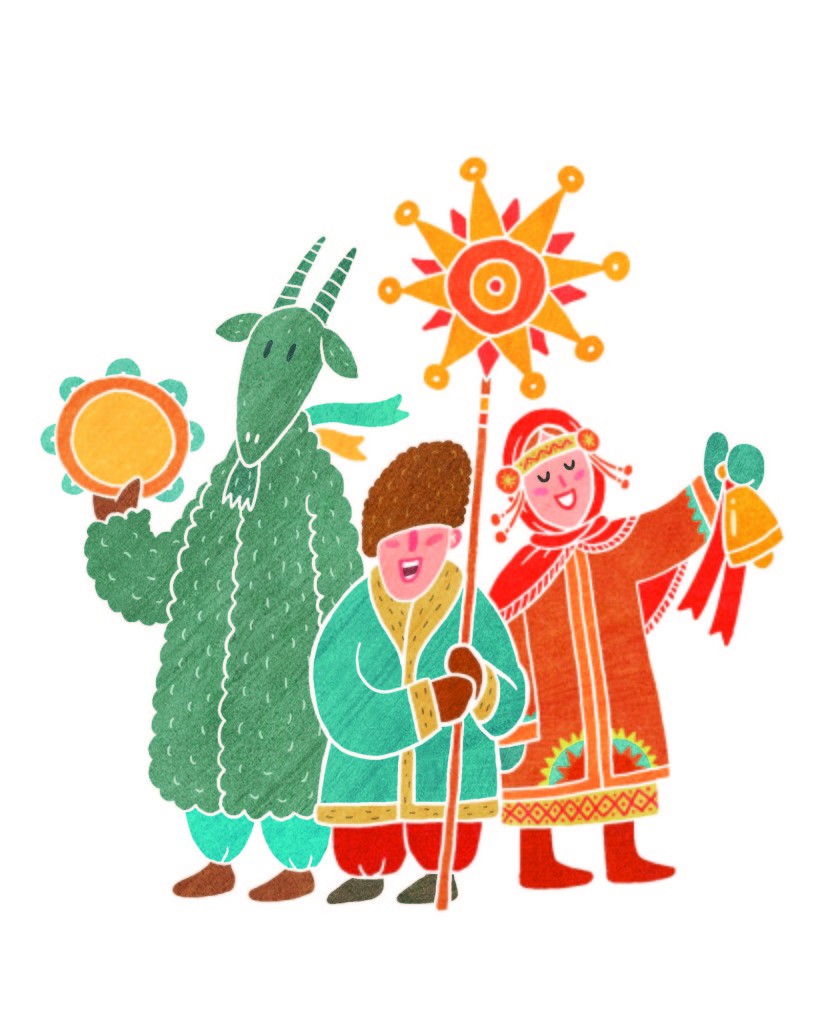
However, something — likely the anti-religious ideology and the censorious regulation of the entertainment industry — prevented Soviet Ukraine from accumulating a substantial fund of Christmas music that would be immediately recognizable and recycled every season. The old Christmas traditions have been returning, gradually, in the past 20 years. Some cities, like Lviv, have always been more oriented toward Western traditions, including religious ones. Others were influenced more heavily and lastingly by the process of Sovietization.
In Odessa, the historic and fabled multinationalism of the city prevented, perhaps, an obvious prevalence of any one cultural custom. Here, as elsewhere in the South and West of Ukraine, the presence of Jewish culture lends a unique aspect. The festival of Hanukkah is celebrated with candle lighting and accompanied with sung blessings. While singing is important in many ways for Jewish worship, the most famous Hanukkah tune is probably the children’s “Dreidel Song” about making a spinning top toy traditionally played during the holiday. Hanukkah is not yet widely celebrated or recognized as a school holiday in Ukraine (as it is in the United States, for example), but the awareness of multi-cultural religious traditions is increasing.
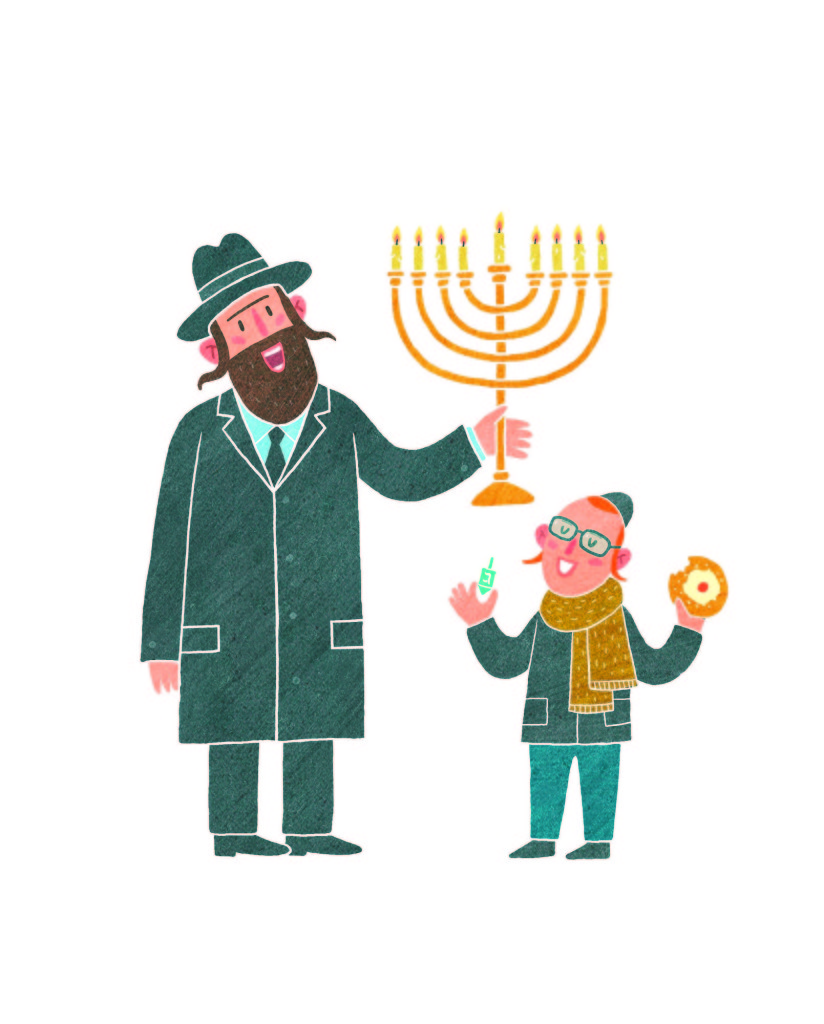
Since the 18th century, Odessa was also home to various non-Orthodox Christian communities, such as the German diaspora, who held steadfastly to their traditional holiday customs even through Soviet time. Their Christmas fairs and concerts have been a welcome feature of the Odessa holiday season for many years. Both Catholic and Orthodox Christian religious traditions incorporate some variety of choral singing, accompanied or a capella, and caroling was a very early part of Christmas celebrations. After all, in the Northern Hemisphere, Christmas comes at a dark and cold time of year, so communal singing had always served the purpose of making the season brighter and warmer.
English carols were brought to the Americas with the emigration, to be adopted as part of a new amalgamated culture which in the next few hundred years came to dominate the world entertainment industry. Many American tropes, including the typical attributes of the American Christmas, were exported through the mediums of cinema and recorded music. Today, when the holiday spirit is required for shopping and entertainment purposes in England, France, Ukraine or Turkey, one is more likely to hear “Jingle Bells” and “Let it Snow” than any national favorite. Interestingly, the greatest American Christmas classics were written between the 1930s and the 1950s. Perhaps, like the Soviet music in Ukraine, for many audiences they evoke a time that seems more in line with unadulterated sentimental values.
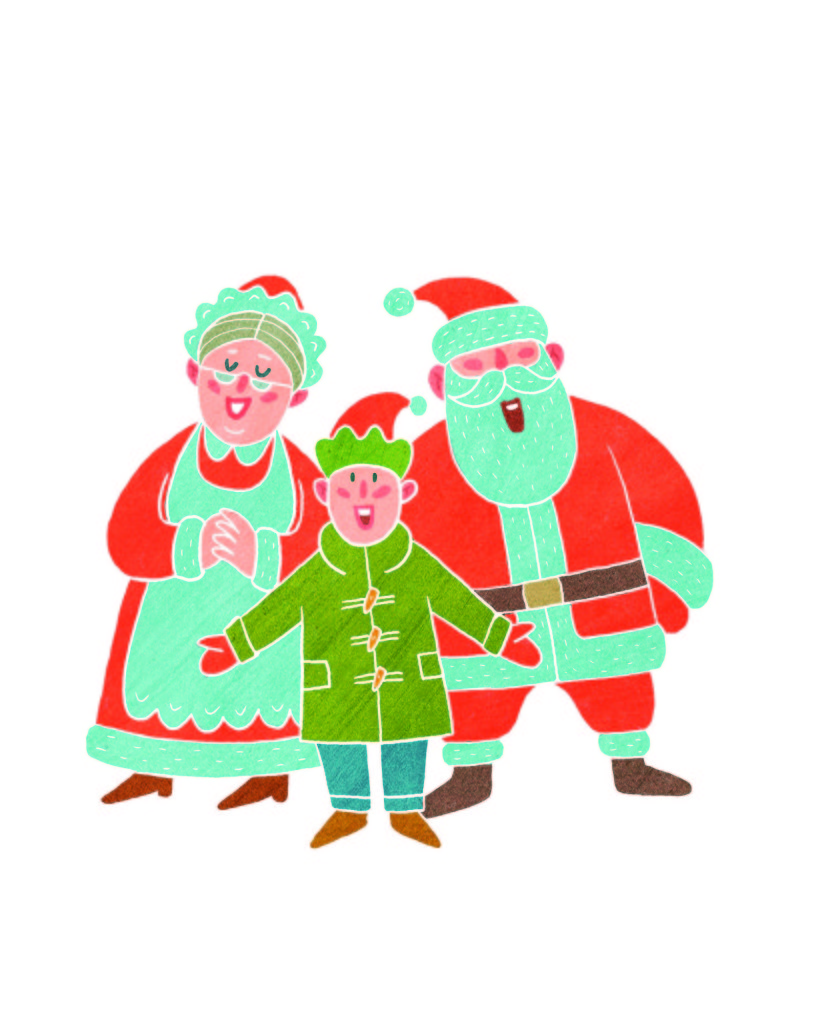
Of course, one of the very well known American Christmas songs is actually a Ukrainian carol that has acquired worldwide fame: the Shchedryk, composed by Mykola Leontovich in 1914 and adapted by Peter J. Wilhousky in the United States during the Great Depression. The arrangement has been featured in so many American films and television shows as “Carol of The Bells,” that occasionally Ukrainians themselves are surprised to discover its origins. Interestingly, the “Shchedryk” is a composition that dates all the way back to pre-Christian Ukraine, when the swallow described in the original lyrics signified the arrival of spring and the pagan New Year celebrated in April. It survived through conversion to Christianity, emigrated to the United States and came to represent the best of Christmas for Ukrainians, Europeans and Americans alike.
Another export that became a worldwide staple of the Christmas season is “The Nutracker” by Pyotr Tchaikovsky. Written in a time when Christmas was a cherished Russian religious tradition, the Soviet Union made it a part of the ceremonial New Year festivities. True beauty will out, it seems, and even the Iron Curtain could not prevent the ballet’s magical score from enthralling Europe and America. The Nutcracker embodies both the childlike joyful wonder and the deeper reverence that characterize the winter holidays — emotions that are applicable regardless of country and religion.
A well known English Christmas carol begins, “O come, all ye faithful!” Indeed, music during the holidays brings together all the faithful, whether theirs is one of the many religious faiths, a faith in magic, or faith in the goodness of humanity. The generosity and gladness of spirit that is visited upon everyone for at least a moment during this season is universal, and the beat of which drummer brings one there — is just a matter of chance.
Katya Michaels is Senior Editor of The Odessa Review.




























